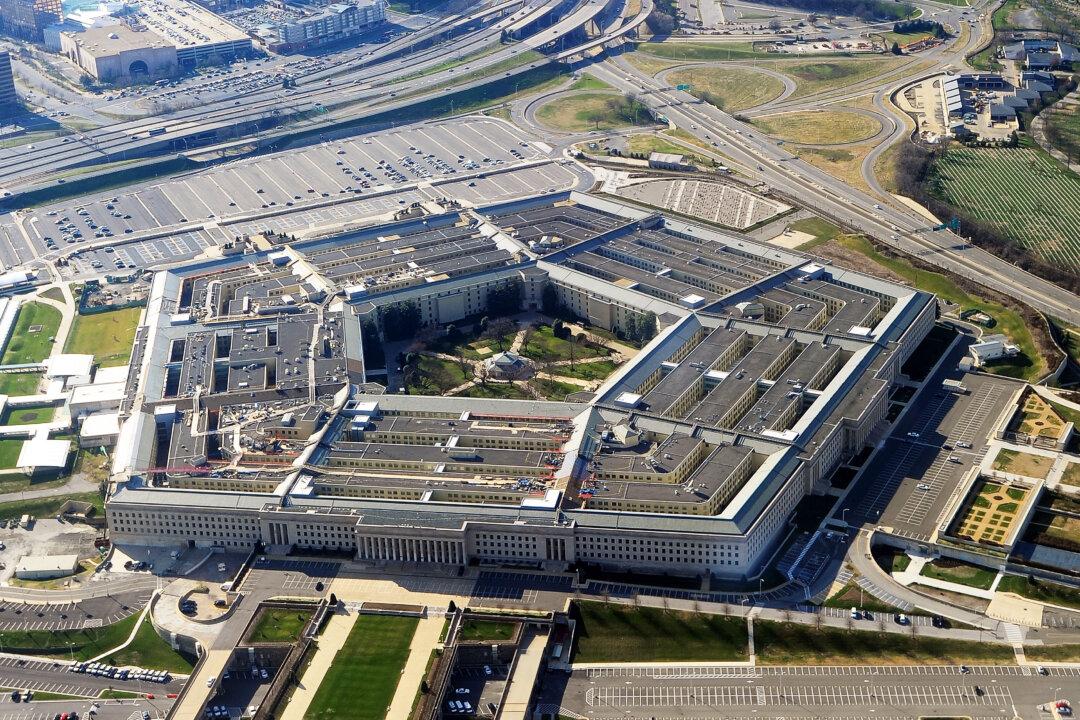The Pentagon is releasing a new strategy for the development of the defense-industrial base, which will prioritize diversity initiatives as a means of developing the workforce.
The Department of Defense (DoD) will invest in “diversity, equity, and inclusion” (DEI) initiatives, including increased funding for programs to recruit from “non-traditional communities,” the new National Defense Industrial Strategy (pdf) says.




